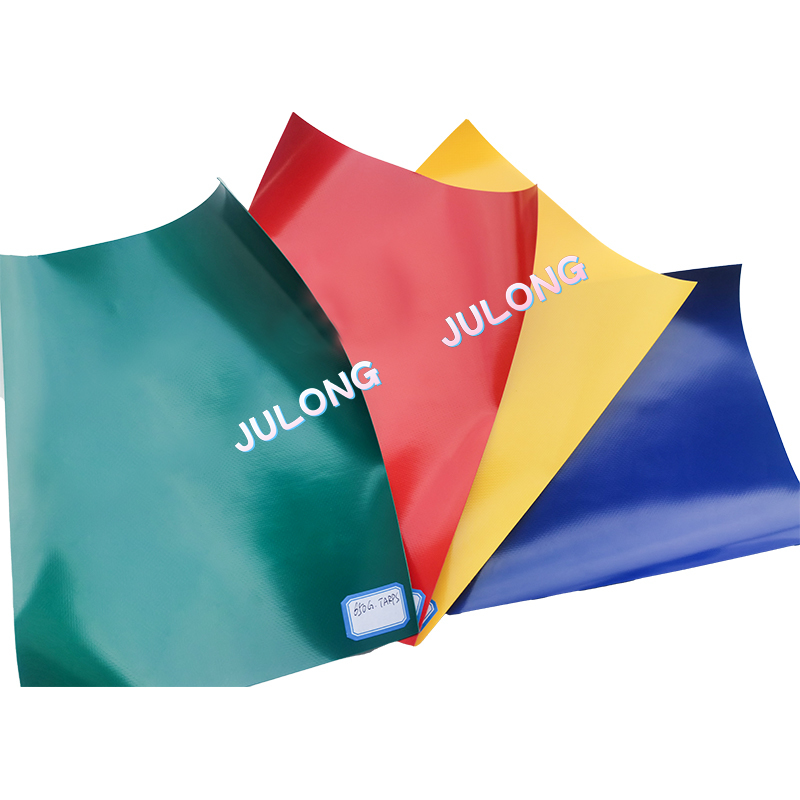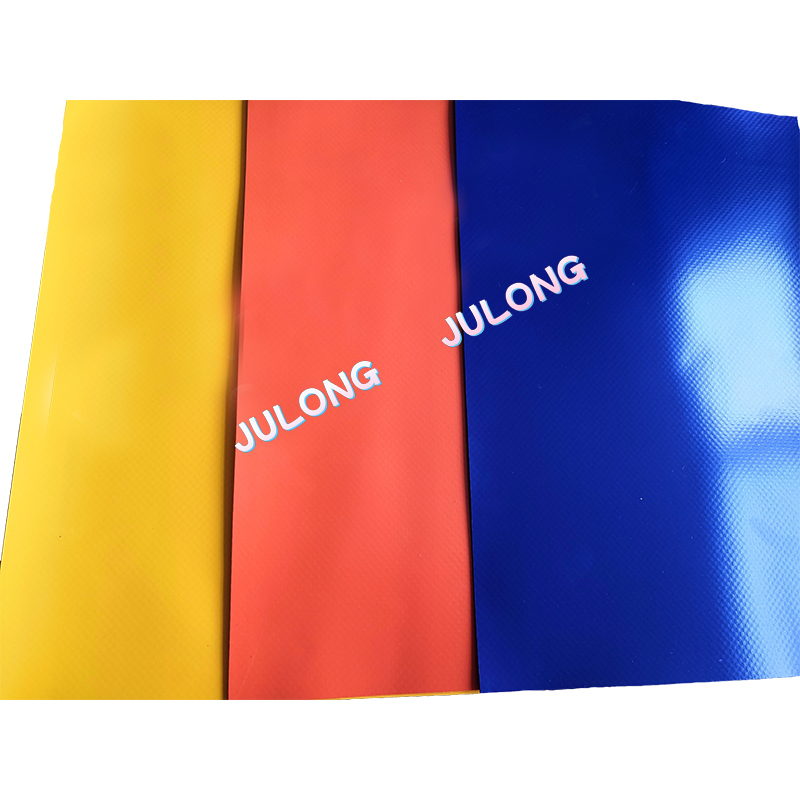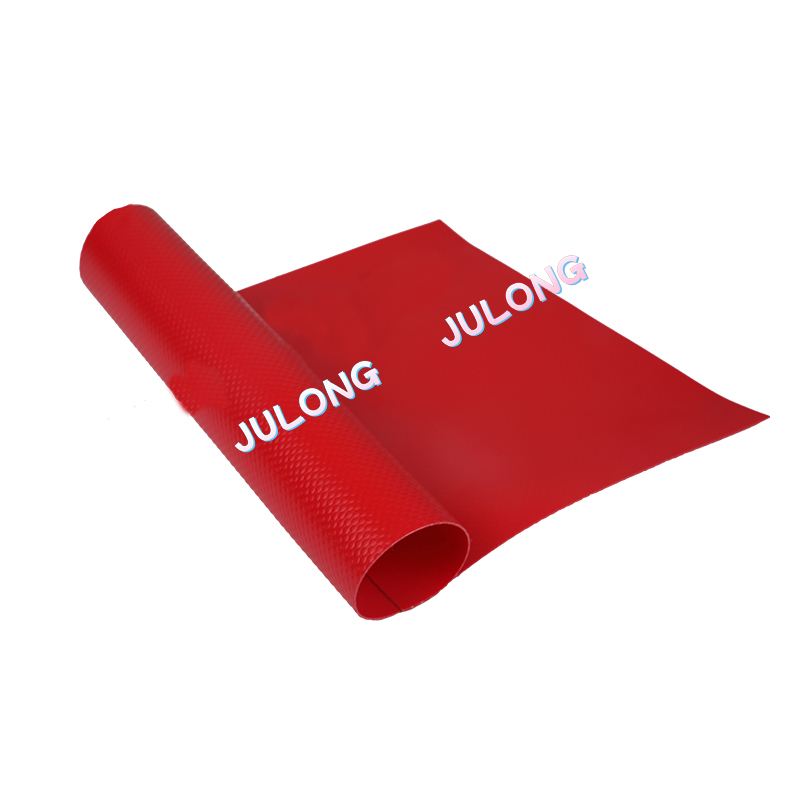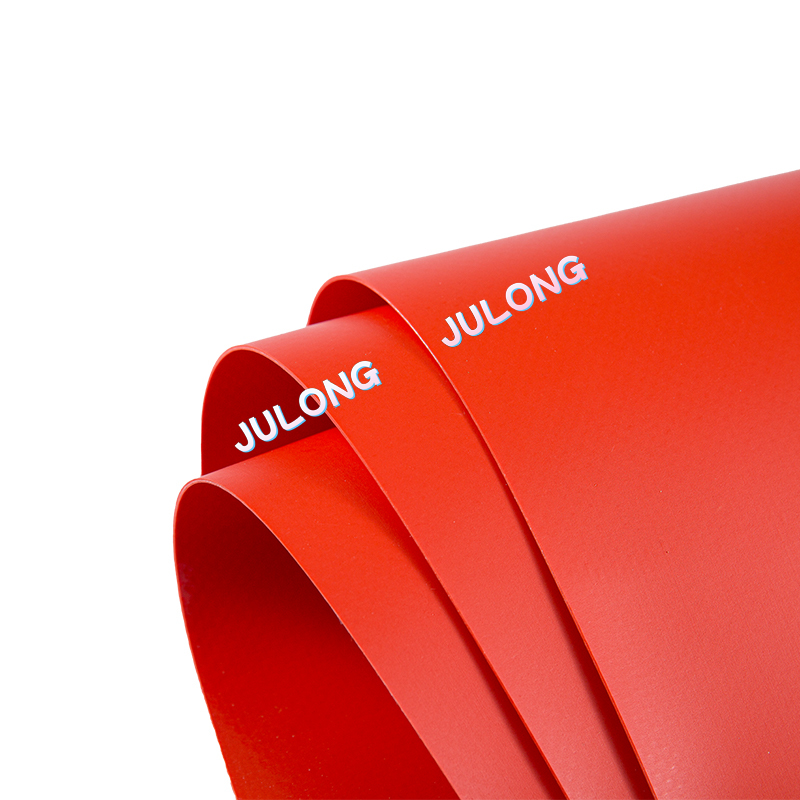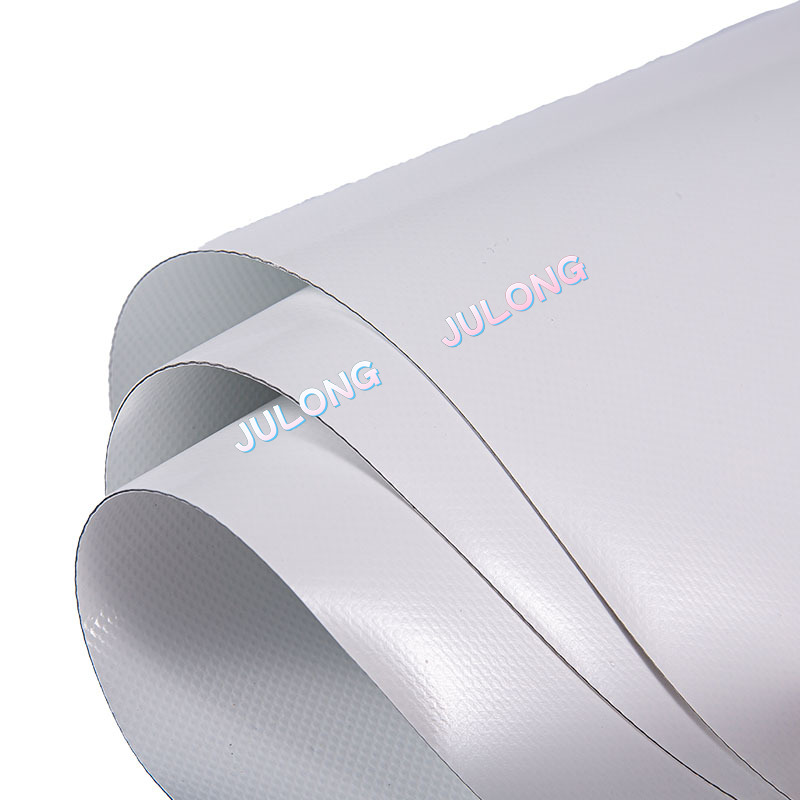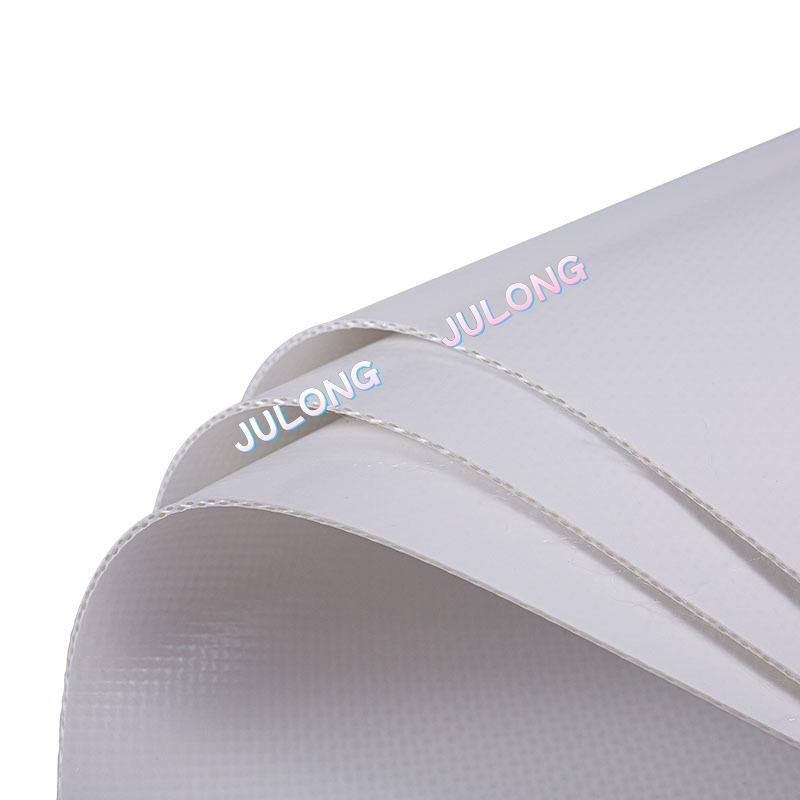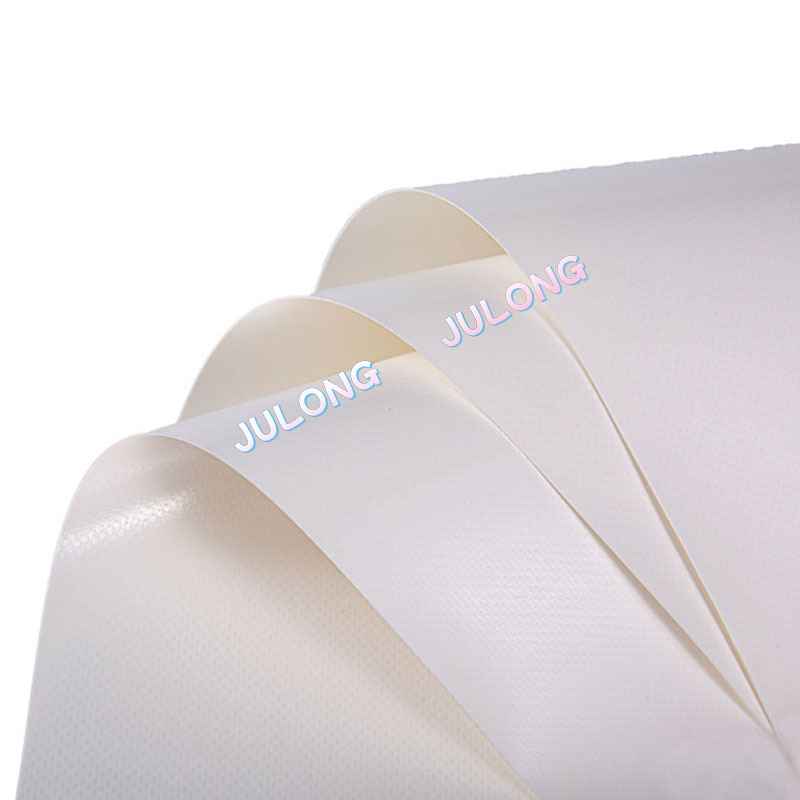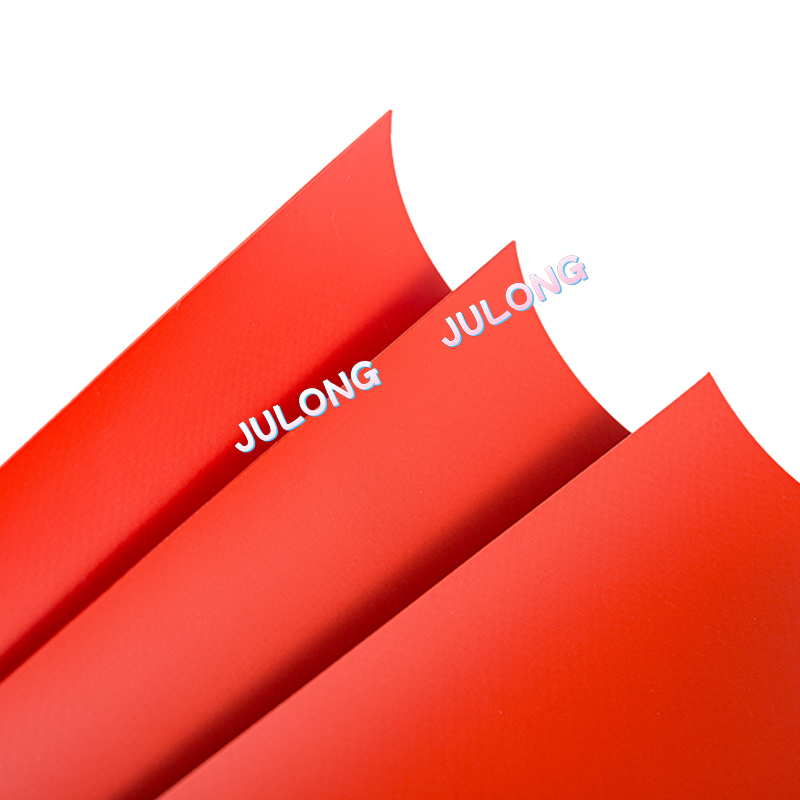Choosing the right resin for PVC super clear film is crucial to achieving the desired properties and performance of the film. Here are some key factors to consider when selecting the appropriate resin for PVC super clear film:
Clarity and Transparency: The primary characteristic of PVC super clear film is its clarity and transparency. Choose a PVC resin that is known for providing excellent optical properties. Resins with low levels of impurities and minimal coloration are preferred to ensure the film remains as clear as possible.
Plasticizer Compatibility: PVC super clear film typically requires plasticizers to make it flexible. Ensure that the selected PVC resin is compatible with the plasticizers you plan to use. Compatibility is essential to maintain the film's flexibility and prevent plasticizer migration, which can cloud the film over time.
Impact Resistance: Depending on the intended use, you may need PVC resin with specific impact resistance properties. Some applications, such as packaging or protective covers, may require the film to be more durable and resistant to cracking upon impact.
UV Stability: If the PVC super clear film will be exposed to sunlight or other sources of UV radiation, consider a resin with UV stabilizers. UV stabilizers can help prevent the film from yellowing or becoming brittle when exposed to UV light.
Chemical Resistance: Assess the film's exposure to chemicals or environmental factors. Some applications may require PVC resin that offers better resistance to specific chemicals, such as oils, solvents, or acids.
Flexibility and Softness: The choice of PVC resin can influence the flexibility and softness of the film. Different resins have varying levels of inherent flexibility, and the addition of plasticizers can further adjust these properties. Ensure the resin selected aligns with the desired film flexibility.
Regulatory Compliance: Consider any regulatory requirements or restrictions on PVC resins. Certain industries and applications may have specific regulations governing the use of certain types of PVC resins due to concerns about environmental or health impacts.
Processing Requirements: PVC resins have different melt flow characteristics, which can impact the processing conditions. Choose a resin with a melt flow rate suitable for the equipment and processes used in your manufacturing facility.
Cost and Availability: The cost of the PVC resin and its availability in the quantities you require should also be considered. While you want to select a high-quality resin, it's essential to ensure it fits within your budget and supply chain.
Environmental Considerations: Be aware of the environmental impact of the chosen resin. PVC is a material that has been scrutinized for its environmental impact, so consider whether there are sustainable or recycled PVC resin options that meet your requirements.



 English
English عربى
عربى